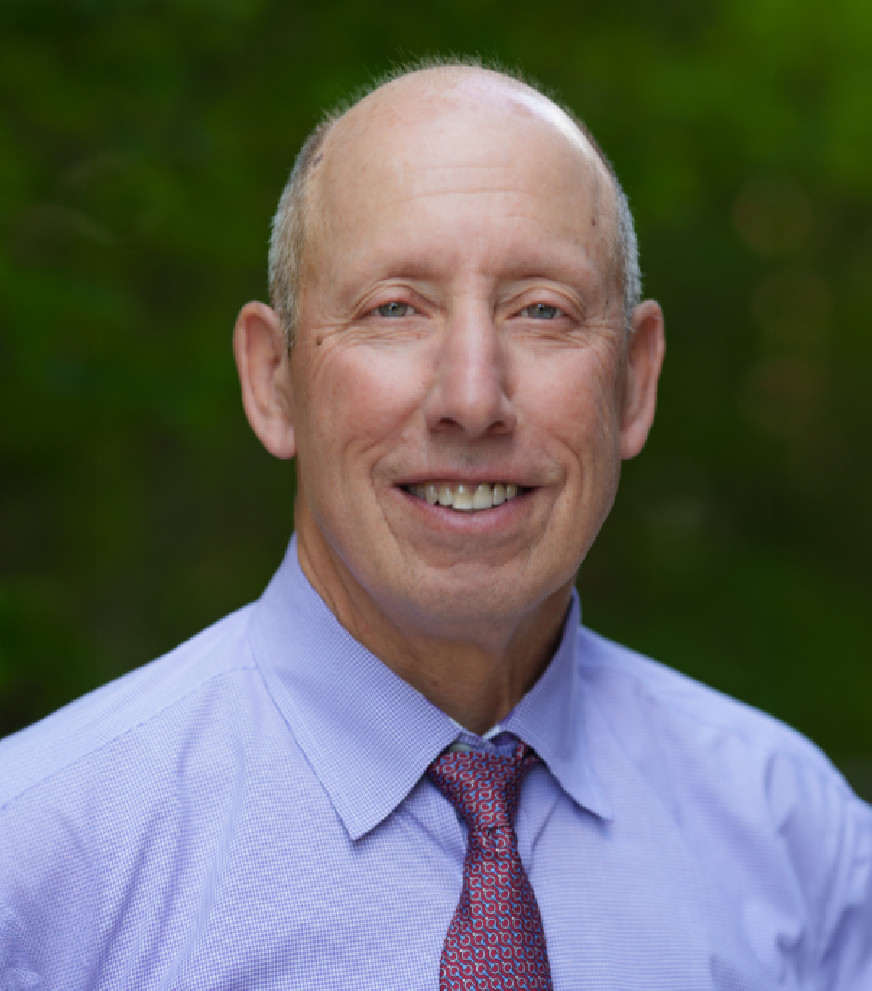
We’re Better Together!
Reflections on another terrific year at the Center for Assessment
As 2024 draws to a close, I’ve been hearing Jack Johnson’s chorus in my head. We are definitely better together. My colleagues and I pride ourselves on collaborating to solve tricky technical and policy questions. This philosophy is at the heart of the Center. Rich Hill, the Center’s founder, used to talk about how we would go into meetings so well prepared because we challenged each other before the meeting. Sort of like a tough scrimmage before a game. Early on, Rich knew that when we push one another to hone our ideas, we reach new heights. We’re better together!
Task Forces on Assessment and Accountability
This “better together” idea is critical for assessment and accountability design. The Center has a long history of inclusive assessment design, but this work has ramped up since the Wyoming Assessment Task Force in 2015. These task forces generally utilize a “Noah’s Ark” collection of constituents: two superintendents, two principals, two teachers, and so on. With 25 to 50 constituents, the assessment and accountability designers benefit from diverse voices and expertise. We’ve facilitated about 10 such groups before 2024 but supported three major efforts in 2024 alone. It looks like 2025 is off to a similar start with three states set to embark on similar projects.
Chris Domaleski and Carla Evans supported Massachusetts’s work to re-envision its school accountability system. Chris, Cara Laitusis, and I worked closely with the new leadership team at the Maryland State Department of Education to facilitate a task force that explored assessment and accountability issues. The Maryland Task Force worked hard and fast to deal with both assessment and accountability in just seven months.
Finally, Will Lorié and I worked with a study group in Delaware to examine the state’s current growth model and to consider alternatives. In all cases, we and our state clients benefited from the range of insights and wisdom offered by the task force members. We’re better together!
Contributing to the Field
Center for Assessment experts are active in various professional organizations, where we work on committees with colleagues from other organizations to advance our collective work. One of our most significant commitments this year was to help organize and support the NCME Classroom Assessment conference in Chicago in September. Carla Evans, Caroline Wylie, and I worked closely with our Chicago-based partners, Paul Zavitkovsky (University of Illinois, Chicago) and Peter Leonard (Chicago Public Schools), along with Rich Patz, NCME’s executive director, to plan the conference.
The NCME Classroom Assessment Conference has become essential for bringing diverse perspectives together to advance the critical work of improving classroom assessment theory and practice. We had a record number of attendees, including many Chicago teachers and leaders, along with NCME members from universities, research institutions, and testing companies. The evaluations were extremely positive, indicating that participants benefited from interacting with colleagues from different worlds. Again, we’re better together!
A Big Year for Publications
Publishing one book in a single year is a big deal. I’m honored that the Center has led the work on two books published this year.
Reimagining Balanced Assessment Systems, a publication of the National Academy of Education, was co-edited by me and two of my terrific colleagues—Jim Pellegrino and Amy Berman—and guided by a steering committee of assessment all-stars. Several Center experts wrote or reviewed chapters, including Carla Evans, Brian Gong, Erika Landl, and Carolyn Wylie. This volume represents an essential update of Knowing What Students Know, which Jim co-led 25 years ago. I’m proud that the Center contributed extensively to this body of work.
Carla and I also published our book—Understanding Instructionally Useful Assessment—in June. Over several years, Carla and I pushed and challenged each other to refine our thinking and communication about what constitutes an instructionally useful assessment. We worked together, but we also benefited from the wisdom of several assessment leaders who read the book and offered us critically helpful comments: Lorrie Shepard, Dylan Wiliam, Sue Brookhart, and Jim Pellegrino. We’re better together!
Our Interns: Better Together
The Center for Assessment has been hosting a summer internship program since 2004. We take pride in seeing former interns take on important positions in our field and contribute to improving our methods and practices. Except for the interruption caused by COVID, we’ve maintained an in-person internship program because we believe the interns benefit as much from interacting with their graduate student colleagues as they do from their mentors.
This year, we loved having Andrew Krist (University of Alabama), Mara McFadden (James Madison University), Mi Jin Park (The Graduate Center, City University of New York), Courtney Stone (Arizona State University), and Joy Zhang (Brigham Young University) spend their summer with us. They all produced intellectually rigorous projects while forming terrific friendships with one another that we know will last past this summer. You can read blog posts about their projects here (Andrew, Mara, Mi Jin, Courtney, and Joy).
The application for our 2025 internships can be found here. Please share it with advanced graduate students who want to work on applied measurement and evaluation projects.
Productive Disagreement
A feature of the Center’s work with our clients is that we generally work in multi-person teams because we know we’re better together. We’re not afraid to disagree because we know that pushing each other will produce better ideas for our clients’ work to support schools.
Whether we’re writing a paper with colleagues, crafting a presentation, organizing a meeting, or discussing an important issue at a Technical Advisory Committee (TAC) meeting, it’s not uncommon for my colleagues and me to find we have different perspectives. But that’s a feature and not a bug! Because we trust and respect one another, we use our different perspectives to sharpen our ideas and produce something better than the sum of its parts. This is precisely what Rich meant about the benefits of thinking together. We’re better together!
Transitioning Through Collaboration
It’s no secret that the Center will undergo a leadership transition next September when Chris Domaleski becomes the executive director, and Carla Evans and Juan D’Brot step into co-associate director roles. Chris and I benefited tremendously from planning for and thinking through this transition with our incredible board of trustees.
The Center has benefited from a deliberative succession planning approach since our founding. With Board Chair Henry Braun’s leadership, and joined by new board members Judy Wurtzel and Scott Norton, the board members generously shared their insights about the various considerations associated with the change in leadership.
When people ask me what I’ll miss about being the executive director, I don’t hesitate to answer that I’ll miss attending board meetings. I’m so thankful we have such a fabulous board to guide Chris, Juan, and Carla. We’re better together!
Thank you to our clients, colleagues, and friends for a successful 2024. We look forward to working with and learning from all of you in the coming year.
